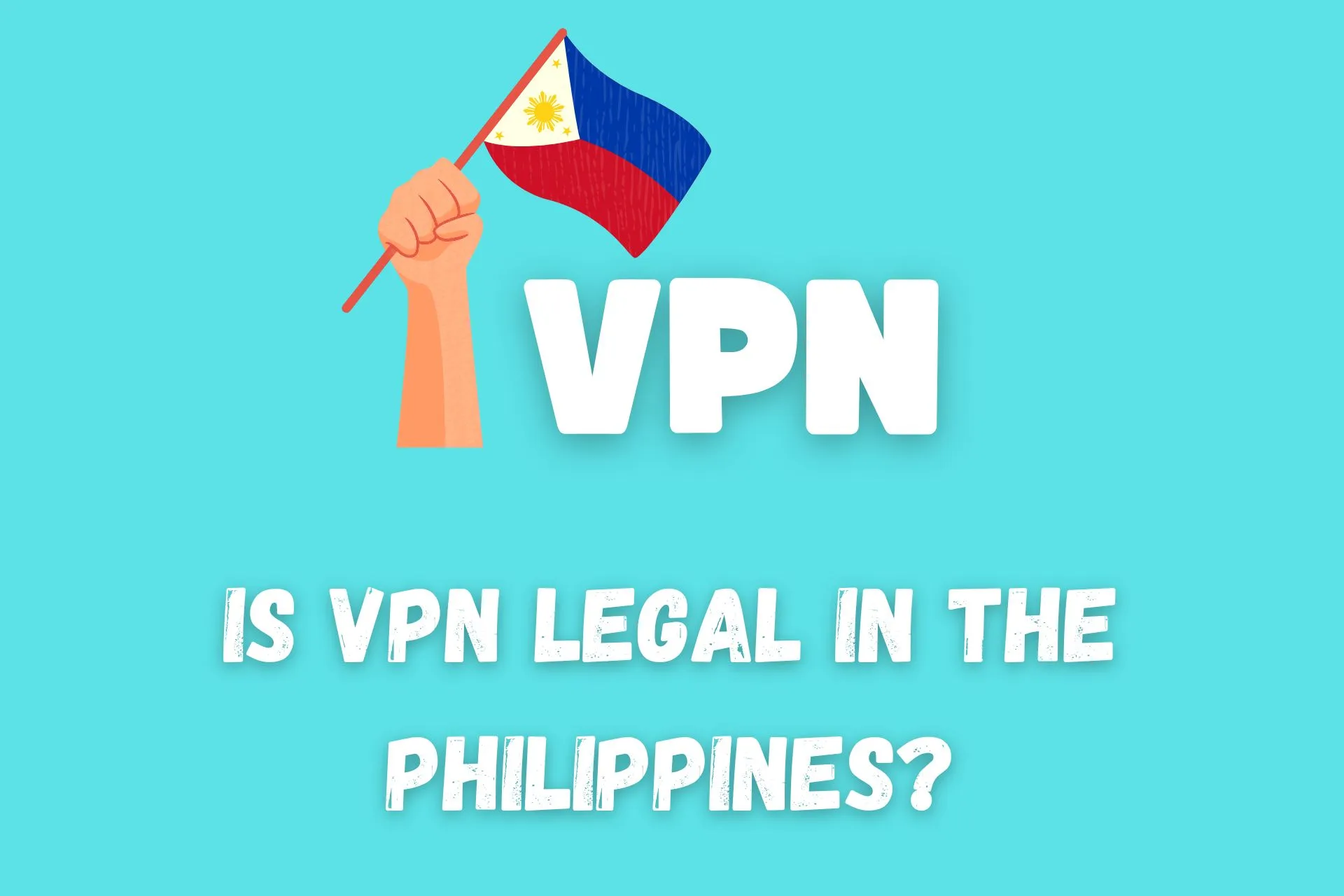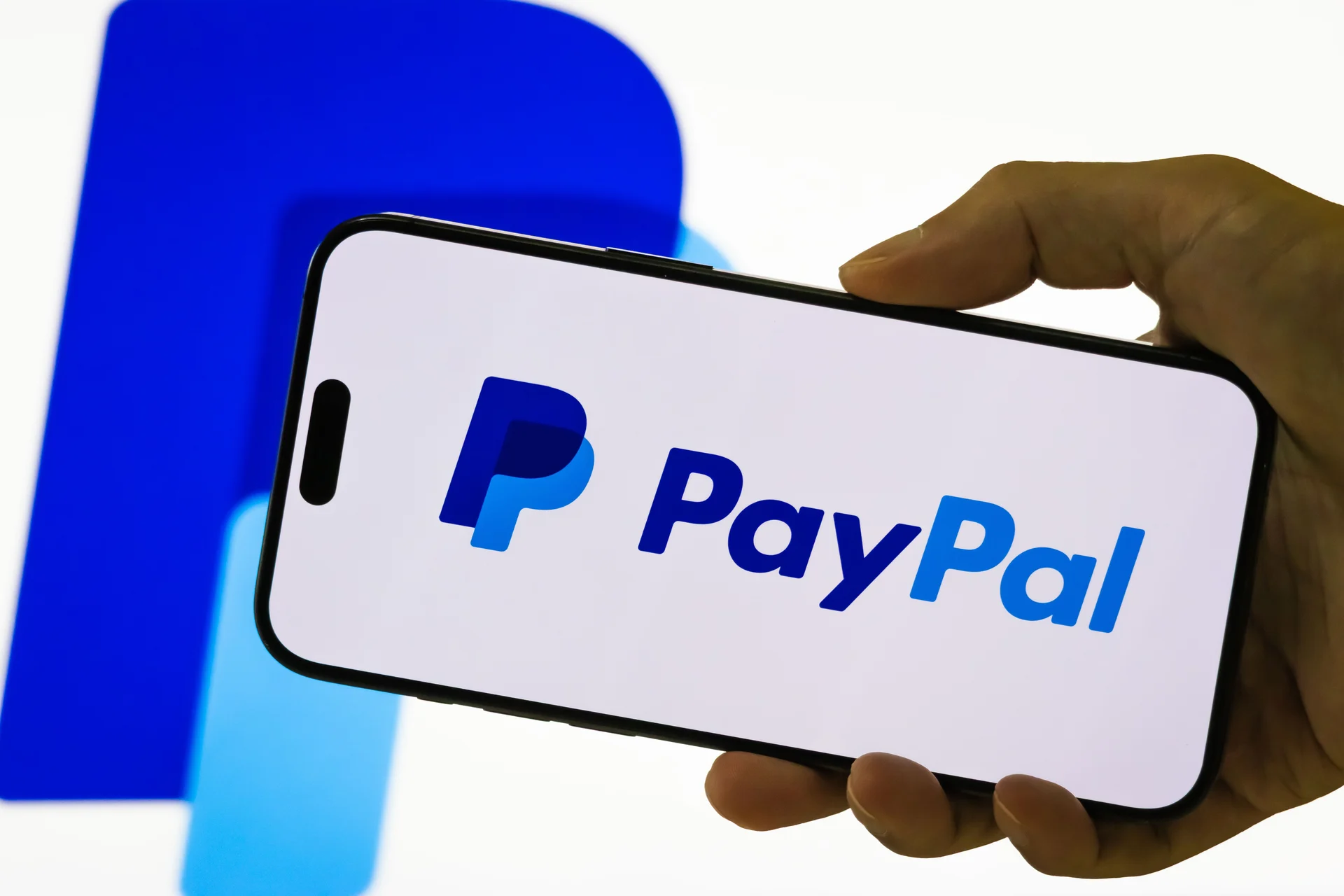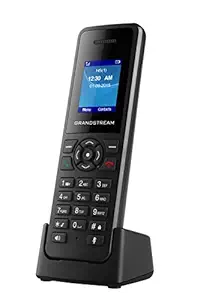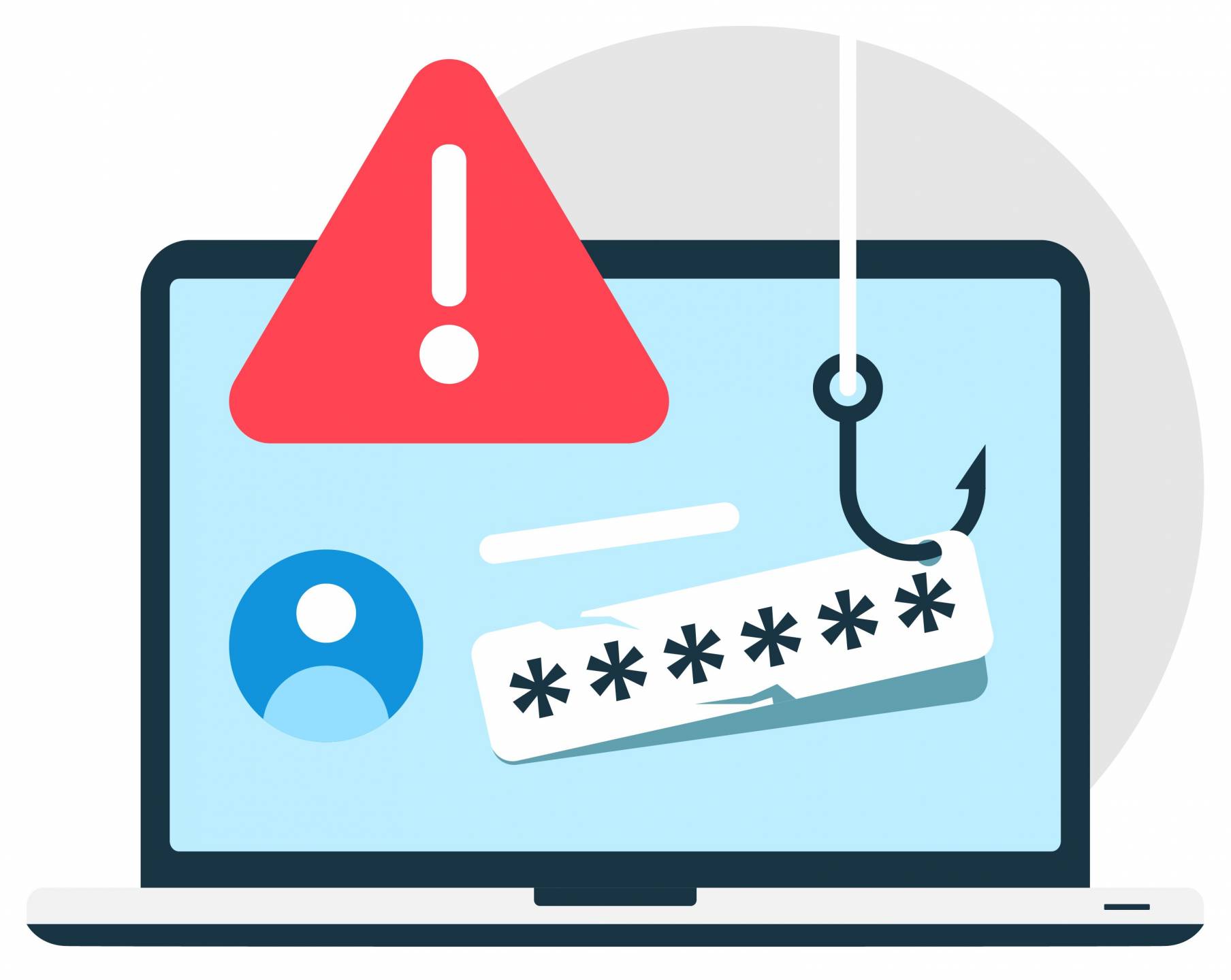Is VPN Legal In The Philippines? [And Should You Use One?]

In 2021, a Philippine telecommunication service restricted citizens’ access to over 3000 websites. This was done to restrict sites centered around sexual content or child abuse.
Also, the Philippine government blocks web pages that support pornography, torrenting, terrorism, extremism, and copyright infringement. Unauthorized gambling and betting sites are also banned.
To browse the Web freely, you’ll need a VPN. This will not only help you bypass restrictions but also encrypt your data and secure your IP address from tracking.
However, given these strict internet regulations, it’s important to note whether using VPN in the Philippines is legal or not.
Is VPN legal in the Philippines?
Yes, using a VPN is legal in the Philippines. The government doesn’t restrict VPN usage for personal or business purposes.
However, using a VPN for illegal activities is obviously against the law. Also, some streaming platforms in this region may block access to their content for users connecting through a VPN.
Why is it a good idea to use a VPN in the Philippines?
Using a VPN in the Philippines is a good idea whether you’re a resident or just visiting the country. That’s because it can provide you with a secure and unrestricted internet experience.
Here are seven reasons why you should use a VPN in the Philippines:
1. Overcome geo-restrictions
Websites like VKontakte, PirateBay, and Kickass torrents are geo-restricted in the Philippines. Additionally, the Jose Maria Sison and Pinoy weekly news websites are blocked too.
With a VPN, you can connect to a server in another country and access these sites and services. That’s because your IP address will change according to the new location, which will make it seem like you’re in a supported region.
2. Protect your online privacy
ISPs in the Philippines may collect and sell your data to third-party advertisers. Not only that but the government monitors and tracks citizens’ online activities.
Using a VPN will encrypt your internet traffic and keep your activity private from prying eyes. Trackers will also have a hard time pinning down your location because the VPN will conceal your actual IP address.
3. Secure public WiFi
Public WiFi networks, such as those found in coffee shops and airports, usually lack the necessary security measures and leave you vulnerable to hackers.
A VPN can protect your internet connection and keep your sensitive data safe when using public WiFi.
4. Access content from other countries
Some online services like Netflix, have different content libraries depending on your location. With a VPN, you can access content from other countries and enjoy a wider variety of shows and movies.
5. Avoid ISP throttling
ISPs in the Philippines may slow down your internet connection if they detect that you’re using certain bandwidth-heavy websites or services.
When you connect to a VPN, it encrypts your traffic and makes it difficult for your ISP to see what you’re doing. Because of this, your ISP cannot throttle your connection.
6. Protection from cybercrime
Cybercrime is a growing problem in the Philippines, with online banking fraud, identity theft, and hacking becoming more prevalent.
A VPN can help protect users from these threats by encrypting their online activity and keeping their data secure. Some reputable VPNs come with ad blockers that prevent malicious ad pop-ups.
7. P2P file sharing
Philippine authorities often restrict peer-to-peer (P2P) file sharing, and downloading copyrighted material can result in legal trouble.
A VPN can help users securely and anonymously share files without the risk of the government catching them.
Summary
In conclusion, VPN is legal in the Philippines for privacy and security purposes. Of course, using VPN for illegal activities such as hacking or cyberbullying is prohibited and punishable by law.
A VPN is useful for people living in this country to bypass geo-blocks, as the Philippine government has blocked access to over 3000 websites and more than 20 independent news websites.
Read our disclosure page to find out how can you help VPNCentral sustain the editorial team Read more






User forum
1 messages